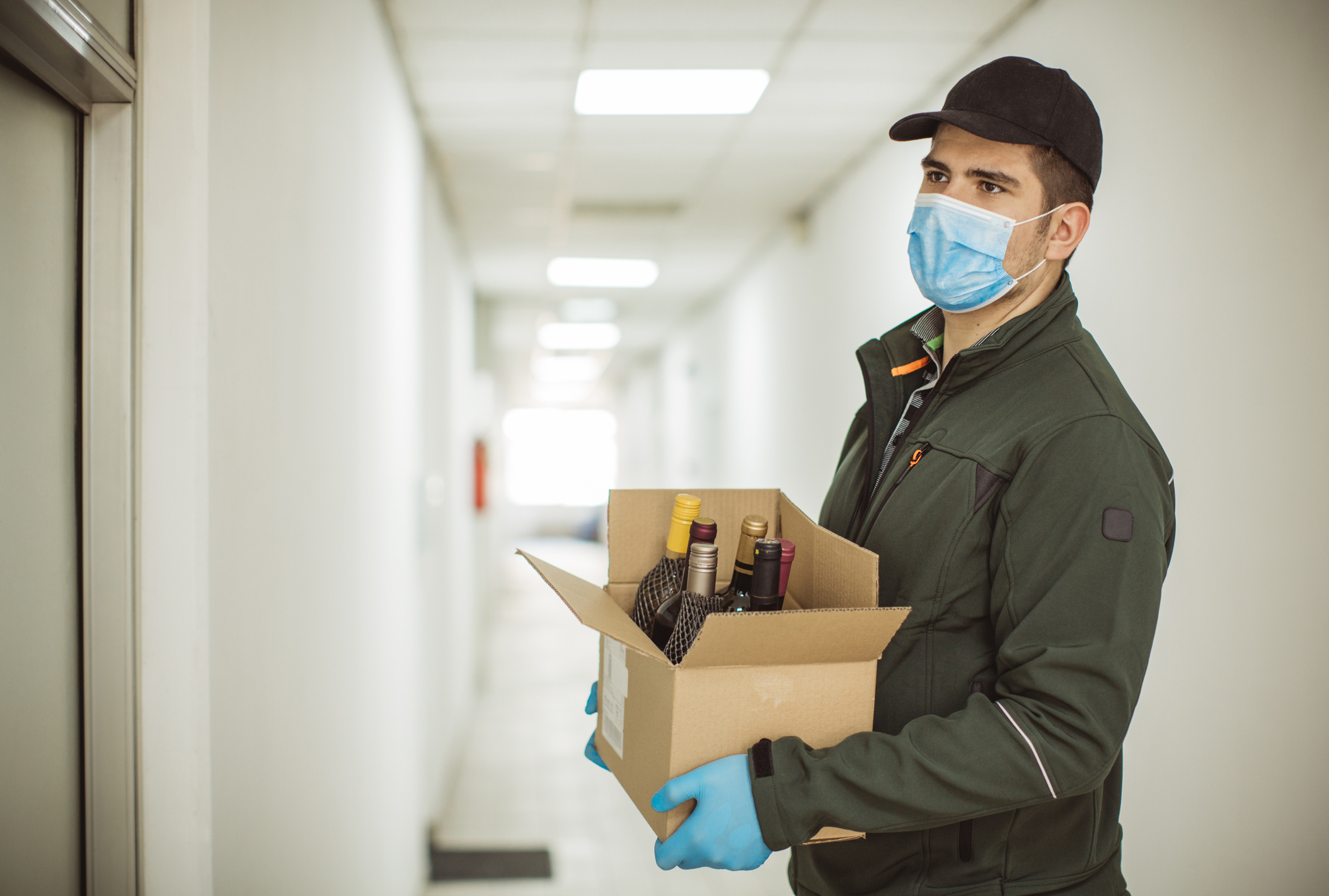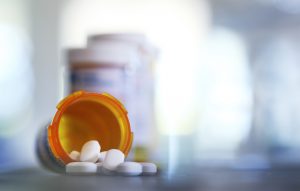Associate Professor Sean J. Haley, along with Multnomah County Senior Research Scientist and Epidemiologist Julia Dilley and Johnson & Wales University Associate Professor Jonathan Noel, were awarded two separate grants for their work on the role of alcohol consumption, availability and marketing on community health outcomes.
For the first study exploring the impact of alcohol delivery on alcohol-related harms, the National Institute on Alcohol Abuse and Alcoholism awarded Haley and team $315,832 over two years.
The researchers will engage 300 young adults from six states to document whether alcohol delivered to homes complies with state laws. Participants will report how much alcohol advertising they see prior to and after purchasing alcohol for home delivery. In addition, the team will survey 1,430 adults from population-based survey panels in the same six states to assess alcohol purchasing and alcohol consumption risks to assess relationships between alcohol for home delivery and alcohol use. An advisory group of community leaders from the six states will help to guide the project.
The second study, which includes Associate Professor Nicholas Carrah of the University of Queensland, Australia, will develop and test ways to assess youth exposure to digital alcohol marketing, Haley and team were awarded $227,093.47 for the first year with a possible $324,630.75 for the second year by the CDC’s Alcohol Program, within the Division of Population Health in the National Center for Chronic Disease Prevention and Health Promotion.
This research follows a study Haley and colleagues published in July gauging U.S. states’ capacity to support alcohol prevention policies during the COVID-19 pandemic. The research team, including doctoral students Amena El-Harakeh and Bridget Akasreku, analyzed 53 transcripts of interviews with participants involved in state-level alcohol prevention policy across 48 states. The participants detailed increases to alcohol availability during the pandemic and offered strategies to reduce alcohol-related harms, including state prioritization similar to what is given to the opioid epidemic, stronger surveillance of alcohol sales and harms (e.g. hospitalizations) and widespread prevention messaging.




